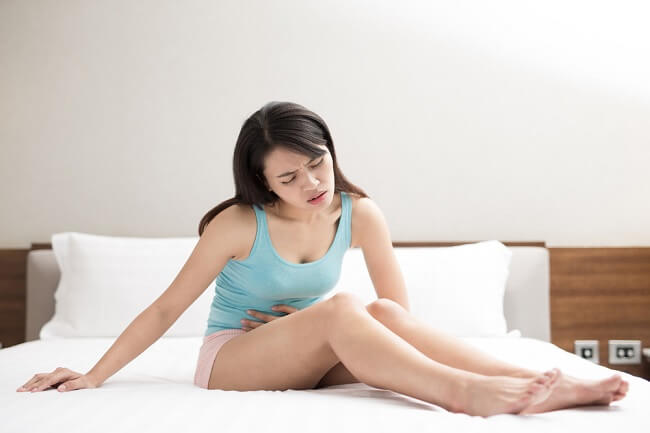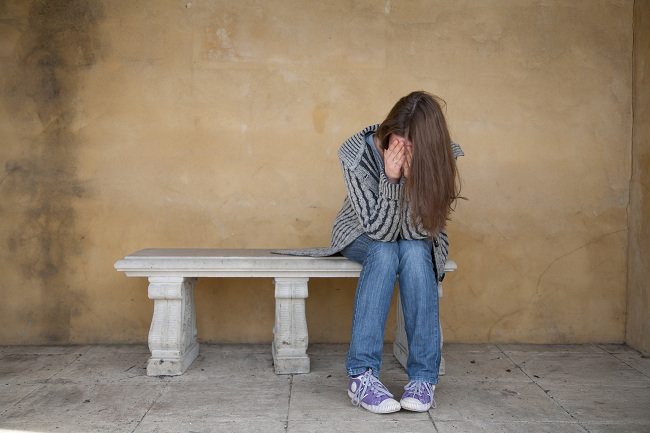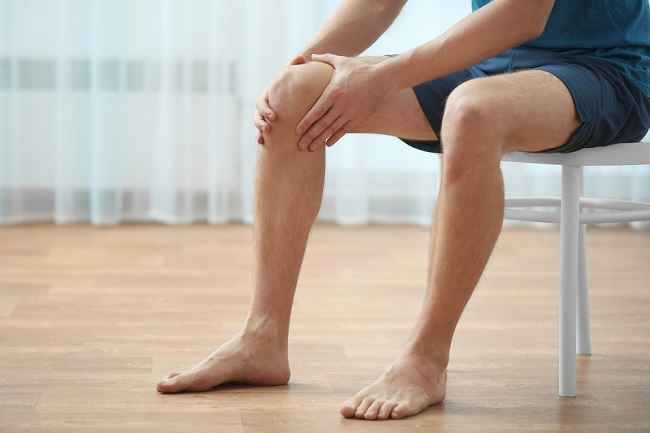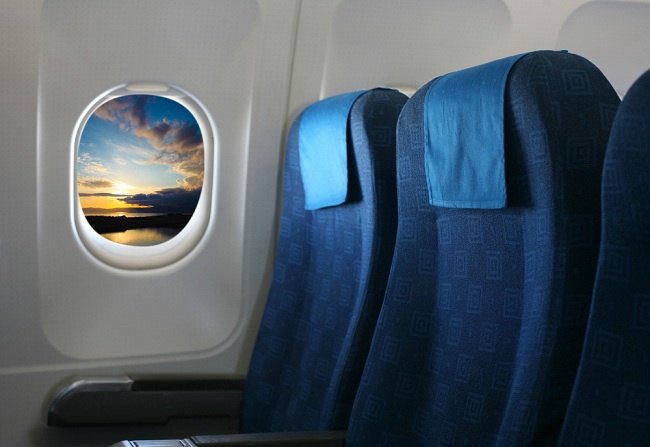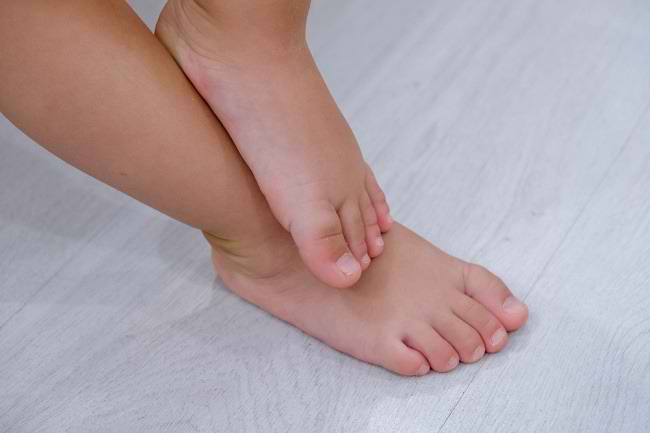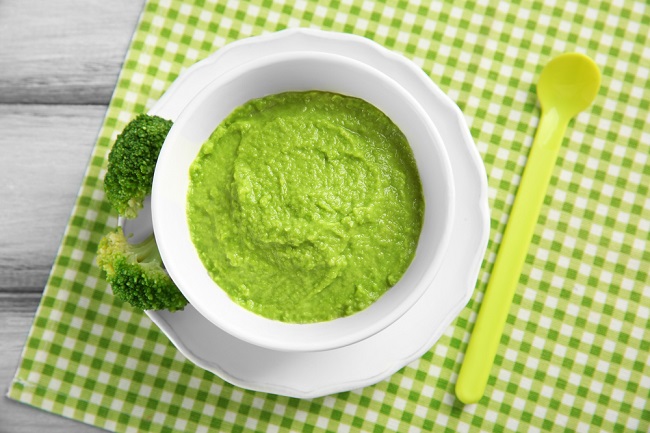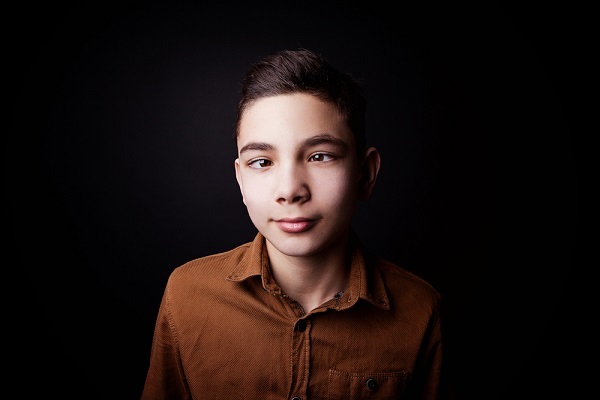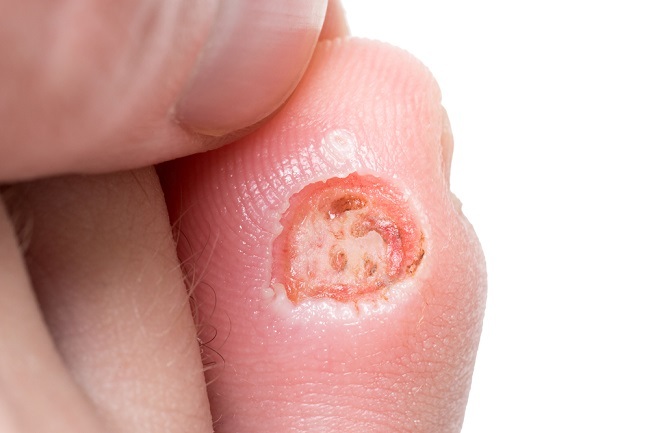People with crowd phobia will be afraid to leave the house or go to places that are considered unsafe. This condition, also called agoraphobia, is pinned on people who are afraid to go to crowded places, such as supermarkets, malls, markets, schools, and offices.
Crowd phobia is a type of anxiety disorder. Symptom agoraphobia can arise when the sufferer is in a situation where it is difficult to find a way out or get help when he feels trapped.

It's not just a phobia or a fear of being in a crowd, people are suffering agoraphobia can also feel afraid or anxious when he has to speak or act in front of many people.
Causes of Crowd Phobia
Until now, the exact cause of crowd phobia is not really known. Experts suspect that crowd phobia is caused by a combination of factors, such as psychological problems, past trauma, heredity, and personality disorders.
In addition, a phobia of crowds is also thought to appear in people with panic attacks. However, there are people with crowd phobia who have no previous history of panic attacks or trauma.
When you feel anxious or panicked, your body releases the hormone adrenaline. This hormone can cause several effects, such as an increase in breathing rate and heart rate. This is a natural mechanism to prepare the body for dangerous situations.
Another theory is that crowd phobia is caused by an imbalance in the levels of chemicals in the brain that regulate sleep mood and thought processes. This then affects mood and behavior, which can lead to symptoms such as having a panic attack.
Crowd Phobia Symptoms and Signs
People who suffer from crowd phobia will experience the following symptoms:
- Anxiety when in an environment that is thought to be unsafe.
- Hesitation or reluctance to leave home or go to unfamiliar places.
- Loss of confidence when in a crowd of people.
- Avoid every time invited to travel.
When people with crowd phobia feel they are in a stressful situation, they will experience several physical symptoms, such as a racing heart or chest palpitations, shortness of breath, feeling hot or cold sweating, nausea, dizziness, and feeling like passing out.
In addition to physical symptoms, people with crowd phobia may also experience psychological symptoms, such as panic attacks or feeling helpless when in public, self-blame, or feeling embarrassed in front of people.
If not treated properly, this condition can affect the sufferer's quality of life because they tend to withdraw from the crowd. People who live with a phobia of crowds will find it difficult to move, go to school, and even work.
How to Overcome Crowd Phobia
To find out whether someone has a phobia of crowds or not, it is necessary to carry out a series of psychiatric medical examinations by a psychologist or psychiatrist.
During the examination, the doctor or psychologist will ask several questions regarding the symptoms that the patient complains of, such as when the symptoms of crowd phobia appear, what symptoms are felt, and what situations trigger the emergence of crowd phobia symptoms.
If diagnosed with crowd phobia, the patient requires medical treatment which consists of:
Psychotherapy
The goal of psychotherapy is to encourage people with crowd phobia to behave more positively and reduce the symptoms they feel.
For example, many people with crowd phobia have the unrealistic thought that panic attacks can kill them. With psychotherapy, crowd phobia sufferers will be trained and guided to divert these negative thoughts so that symptoms can be reduced when in a crowd.
One form of psychotherapy that is often used is cognitive behavioral therapy.
Taking drugs
The types of drugs that doctors prescribe for people with phobia of crowds are the same as drugs to treat depression. Some types of antidepressant drugs work by increasing serotonin in the brain. Examples of this class of drugs are: sertraline and fluoxetine.
In addition to antidepressants, sedatives or anxiety relievers may also be prescribed by your doctor to treat crowd phobia.
Untreated crowd phobia can reduce quality of life. People with crowd phobia will choose to stay at home, so they tend to be unproductive. This can lead to financial difficulties, feelings of loneliness, and feelings of isolation which then increase the risk of developing depression.
Therefore, don't hesitate to see a doctor if you feel you are likely to withdraw from the outside world and are experiencing symptoms that suggest a phobia of crowds.
